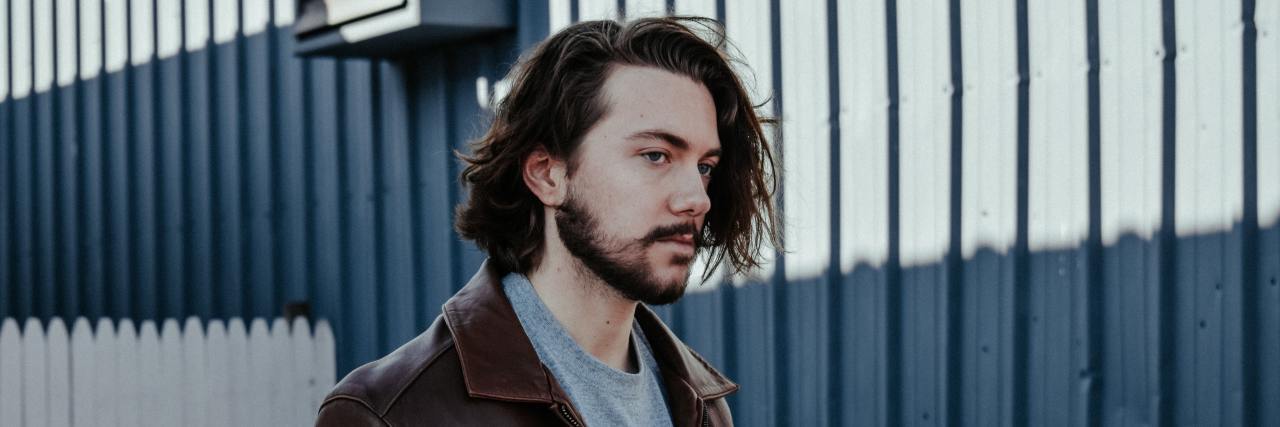How the 'Buyer's Remorse' of OCD Makes Me Live in Constant Regret
One of the characteristics of the obsessive end of obsessive-compulsive disorder (which is all of my OCD) is a constant feeling akin to “buyer’s remorse.” Quite often this is literally buyer’s remorse, as choosing what items to buy when faced with so many choices is a tremendous burden on the mind already overthinking everything because of OCD.
However this phenomenon of “buyer’s remorse” extends beyond just purchases. Any time I am given the choice between two like entities of any sort, I am going to not only obsess over every detail when choosing one or the other, I am also, quite near 100% of the time, going to regret my decision.
This is just a reality I live in. This may not show unless you are close to me, as I tend to keep my opinions to myself (in that they’re … complex). I live with this every second of the day. If I am not obsessing over a future choice, I am obsessing with regret over even the smallest decisions I’ve made.
I tend to avoid making decisions until I have to, and my brain goes into overdrive when presented with a decision. So, I try to hedge against regret by not fully committing to any decision.
Oh, and I need to spell out the usual stuff when it comes to me explaining how I work. I’m not offering self-help. I most likely do not have an actual solution that is practicable. I don’t do solutions, I worm my way around issues to just try to get to a place of personal safety. That may seem extreme, but being in constant regret is kinda extreme.
Do I want fries with that?
This presents me with two possible eventualities:
1. Spending money on fries I’d rather just keep.
2. Not having really tasty fries.
Seems a little funny, but when my OCD is at its worst, this quite literally causes a level of anxiety, while not debilitating, still far too high for something as simple as spending a dollar on fries or not. The anxiety increases by orders of magnitude depending on the severity of the fallout of the decision. But we’re sticking with fries for this adventure into my brain.
I’m not going to decide between one or the other. I’m most likely with a person and I will ask them to get fries with their purchase so we both have fries and I don’t have to make a decision to get them or not. This helps a little, though it then requires me to be that person who mooches off my partner’s fries.
Another tactic I will use is to force my brain to want something better and different and just let it go with that new need. For example, rather than adding fries, I now crave small chicken nuggets as a side order. I need to crave this first and not be presented with a decision to purchase chicken nuggets or not. If I can trick my brain into this, and I get my nuggets, I am satiated. Because I “wanted” them.
These aren’t solutions. They’re actions that work to avoid. That is fine with me, I do not mind shortcuts.
The problem comes when this is amplified. I need to purchase a television because mine broke. This is a major purchase for someone as thrifty as I am. And if the mechanisms above don’t work, I most likely will regret my purchase.
In this case, I will break out a spreadsheet. If I can put all of the specs and pricing for every possible television, narrowing it down through analytics will soothe the unknowns of all the televisions I am not going to buy.
And then I will ask around. There is one nice way about how I think: I can turn on my trust in people for things that aren’t supercritical. Television is not supercritical.
Well, until it comes time to decide on which television to purchase. Then it is an assortment of “Sophie’s Choices.” However, if enough people who I ask agree that one — and only one — television is the best choice, it is not as bad.
Just “not as bad.”
Because no matter what, I’m going to regret my decision. For weeks. Maybe months. Until that which I decided upon is such a part of my daily life that I never want to get rid of it. That is the goal. Because if I do get rid of that which I decided upon long ago … the whole cycle starts over.
Because I do not want to decide once again.
Unsplash image by Nathan Jefferis

